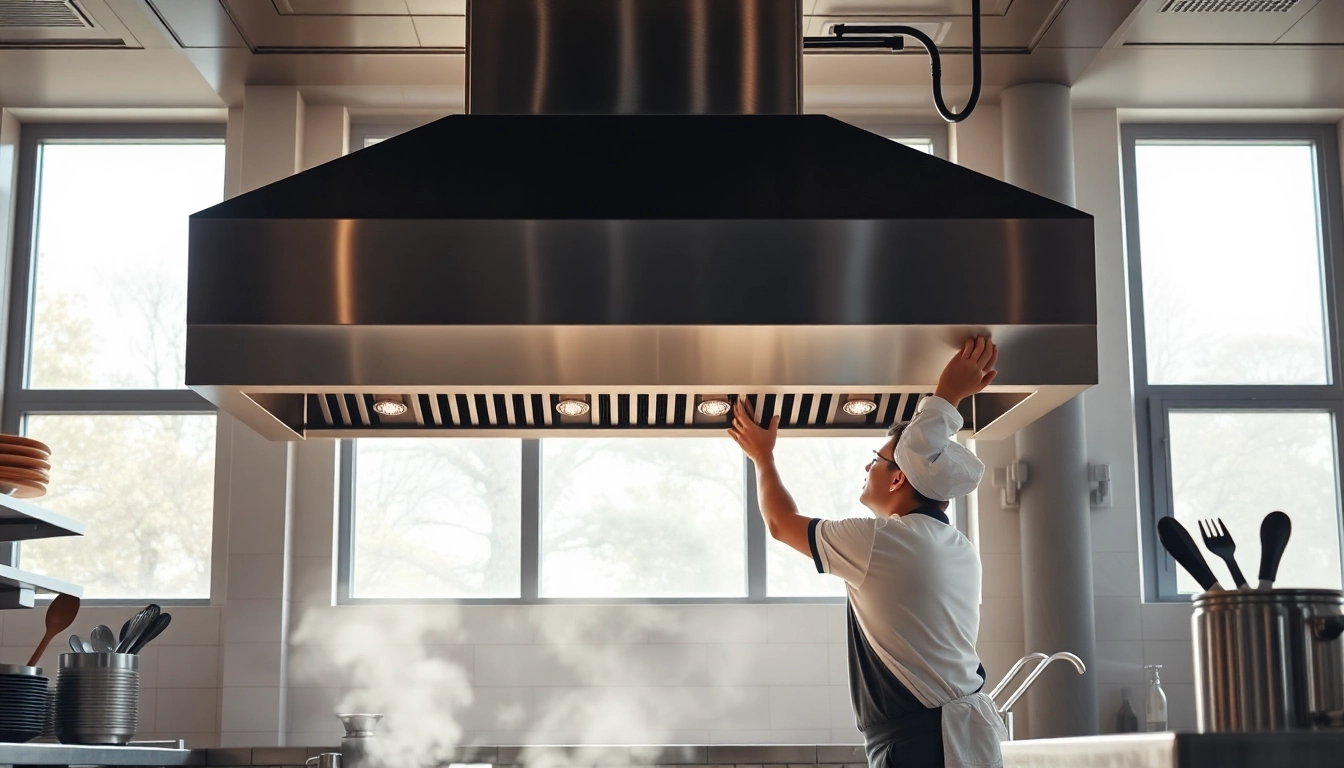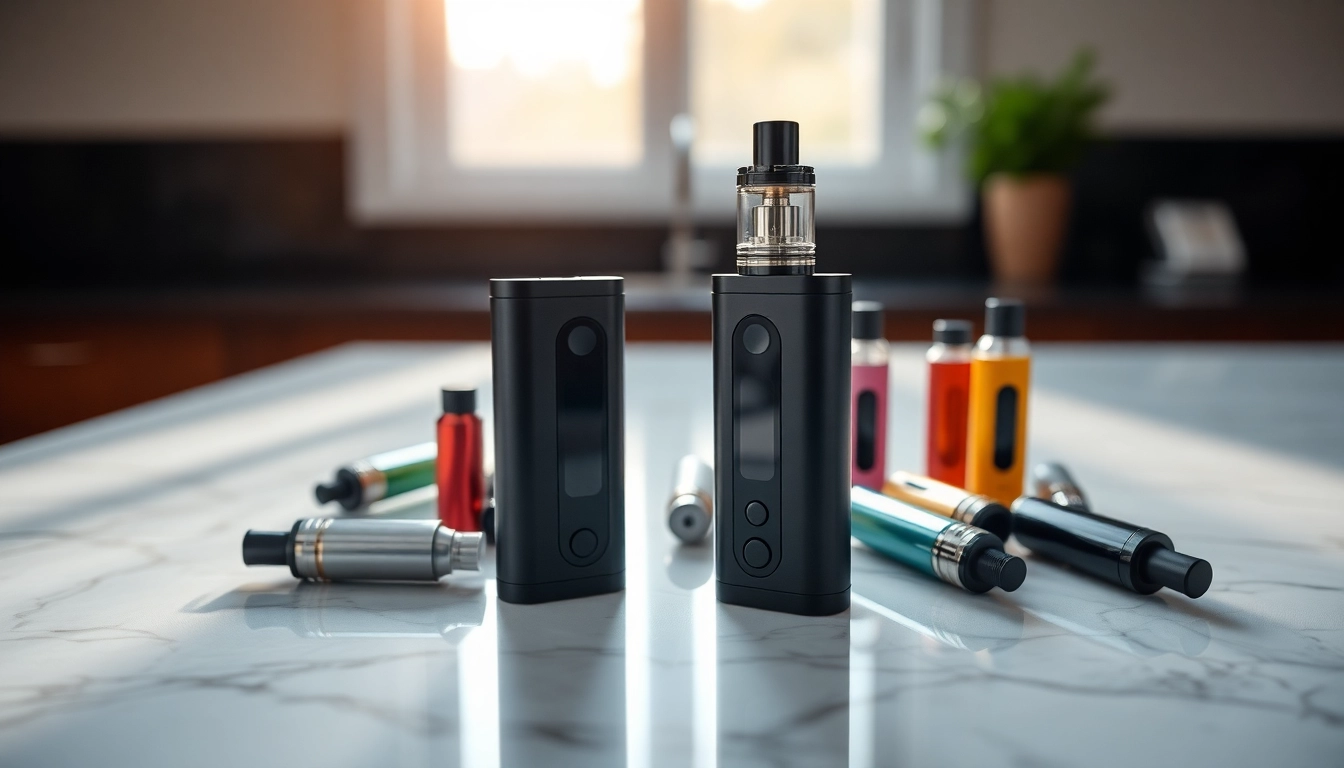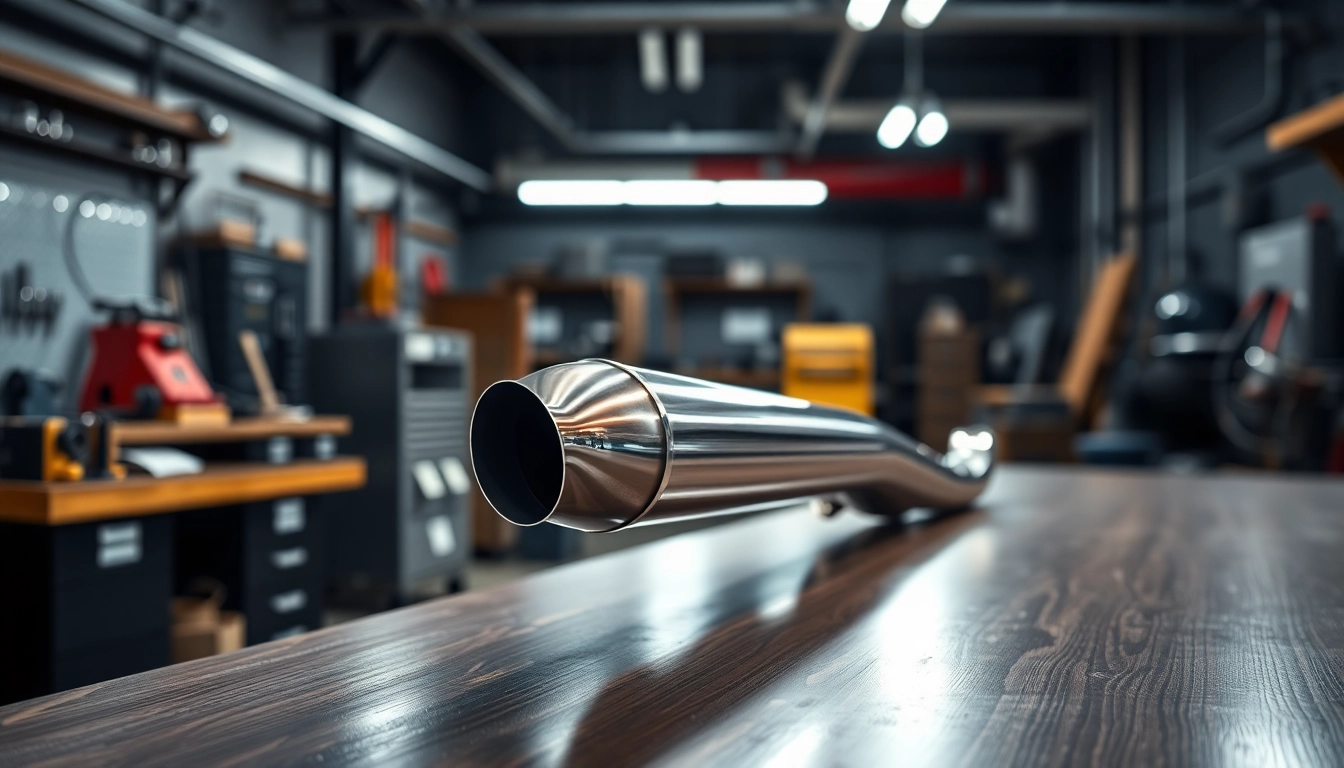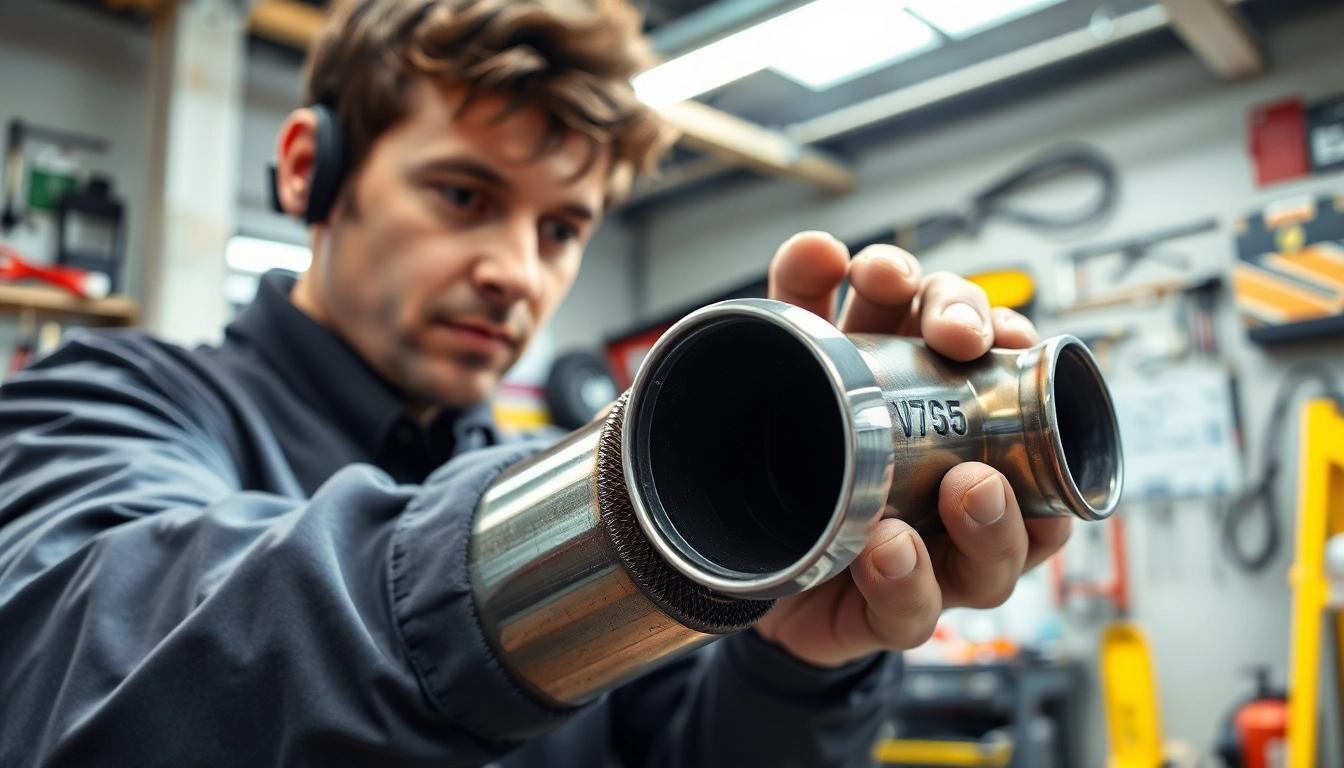
Understanding Restaurant Exhaust Hood Cleaning Service
What is Restaurant Exhaust Hood Cleaning Service?
Restaurant Exhaust Hood Cleaning Service refers to the professional cleaning of kitchen exhaust systems in commercial kitchens. This process is essential for maintaining the safety, efficiency, and hygiene of cooking environments within restaurants and similar establishments. The cleaning service focuses on the exhaust hoods, ducts, and fans that play a critical role in removing smoke, grease, and heat generated during cooking.
The buildup of grease and grime in these systems can significantly increase fire risks and contribute to poor air quality. A thorough cleaning involves degreasing surfaces, removing carbon build-up, and ensuring all components function correctly. Regular maintenance not only prevents health hazards but also assures compliance with local regulations and industry standards. For further insights, consider exploring a professional Restaurant Exhaust Hood Cleaning service that meets your needs.
Importance of Regular Cleaning for Safety
The significance of routine cleaning within the restaurant industry cannot be overstated. Every day, cooking oils and fats are released into the air, accumulating within exhaust systems. Over time, this buildup not only not only alters air quality but can also lead to dangerous fire hazards. According to the National Fire Protection Association (NFPA), restaurant fires are predominantly caused by grease accumulation. Regular cleaning mitigates this risk, safeguarding both personnel and patrons.
Moreover, a clean exhaust system enhances the kitchen’s overall working environment by improving ventilation, which is vital in maintaining optimal temperatures and reducing smoky or unpleasant odors. Ultimately, the well-being of staff and customers is closely linked to the cleanliness of the kitchen exhaust systems.
Common Signs Your Exhaust Hood Needs Attention
Identifying the need for exhaust hood cleaning is crucial for maintaining safety and efficiency in the kitchen. Here are common indicators that may suggest it’s time for professional intervention:
- Visible Grease Buildup: If you can easily see grease accumulation on the hood or in the filters, it’s a strong indication that cleaning is necessary.
- Unpleasant Odors: Lingering cooking smells that don’t dissipate could signify that the exhaust system is not functioning properly.
- Increased Smoke: If smoke lingers in the kitchen longer than usual while cooking, the exhaust system may be obstructed.
- Frequent Triggers of Fire Alarms: An increase in fire alarm activations due to smoke could suggest that excess grease buildup hampers the efficiency of the exhaust system.
- Cooking Equipment Malfunction: If stoves and ovens are producing excessive heat or soot, it may indicate that exhaust systems need cleaning.
Best Practices for Effective Restaurant Exhaust Hood Cleaning Service
Tools and Equipment Needed
Effective cleaning of restaurant exhaust hoods requires specific tools and equipment to ensure a thorough job. Here’s a list of essential materials typically used during the cleaning process:
- Degreasers: Strong industrial-grade degreasers are used to break down heavy grease buildup.
- Pressure Washers: These are effective for rinsing away grease and other debris post-cleaning.
- Scrub Brushes: Various sizes and stiffness to reach different areas, including filters and hard-to-reach corners.
- Vacuum Systems: These are useful for removing finer particulates and debris during and after the cleaning.
- Protective Gear: Gloves, goggles, masks, and non-slip footwear ensure the safety of cleaners during the process.
Step-by-Step Cleaning Process
The cleaning process for restaurant exhaust hoods typically involves the following steps:
- Initial Inspection: Inspect the exhaust system for overall condition, focusing on grease build-up areas.
- Preparation: Ensure the kitchen is empty, turn off all equipment, and set up equipment to minimize disruption.
- Degreasing: Apply degreasers to affected areas, allowing them to penetrate and break down grease.
- Scrubbing: Use scrub brushes to manually clean the hood, filters, and ducts. Pay close attention to the nooks and crannies.
- Pressure Washing: Utilize a pressure washer to rinse off any remaining degreaser and debris.
- Final Inspection: Verify that all areas are clean and functioning correctly before reactivating the exhaust system.
Safety Measures to Implement
When performing exhaust hood cleaning, implementing safety measures is crucial to protect workers and the establishment:
- Use Personal Protective Equipment (PPE): Ensure all staff wear appropriate PPE such as gloves, masks, and goggles to safeguard against chemical exposure and debris.
- Create a Safety Protocol: Establish clear procedures to follow during cleaning to enhance worker safety.
- Coordinate with Kitchen Staff: Ensure that all kitchen personnel are informed about cleaning schedules to minimize the risk of accidents.
- Ventilation: Ensure proper ventilation during cleaning to avoid the buildup of fumes from cleaning agents.
Choosing the Right Restaurant Exhaust Hood Cleaning Service
Key Factors to Consider when Selecting a Service
Choosing the right service provider for exhaust hood cleaning can significantly influence the efficiency and safety of your kitchen. Consider these factors:
- Experience and Expertise: Look for companies with a proven track record and industry experience that understands specific kitchen configurations.
- Certification and Licensing: Ensure the service provider is certified and compliant with relevant standards such as those set by the NFPA.
- Insurance: Verify that the cleaning service holds liability insurance to protect against potential damages during the cleaning process.
- Service Range: Some companies may offer a broader range of services, such as deep cleaning, maintenance contracts, or emergency services.
Questions to Ask Potential Providers
When vetting potential exhaust hood cleaning services, asking the right questions can help you make an informed choice. Here are some essential inquiries:
- What cleaning methods do you use, and how do they comply with safety standards?
- Can you provide client references or case studies of prior successful cleanings?
- How often do you recommend cleaning services for our specific type of kitchen?
- What is your estimated timeframe for cleaning, and do you offer flexible scheduling?
- What guarantees or warranties do you provide on your services?
Reading and Understanding Service Reviews
Reviews play a crucial role in understanding a service provider’s reputation. Here’s how to leverage them effectively:
- Identify Common Themes: Look for repeated comments regarding timeliness, professionalism, and overall satisfaction.
- Evaluate Responsiveness: Assess how the company responds to negative feedback, as this can be revealing about their customer service commitment.
- Look for Specifics: Favor reviews that mention specific details about the cleaning process and outcomes to gauge the thoroughness of the service.
Benefits of Regular Restaurant Exhaust Hood Cleaning
Enhancing Kitchen Safety and Hygiene
The primary benefit of regular exhaust hood cleaning is undoubtedly enhanced safety. A well-maintained system significantly reduces the risk of fire outbreaks, ensuring that kitchen staff can work without fear. Additionally, consistent cleaning minimizes the accumulation of harmful bacteria and allergens, fostering a healthier environment for both employees and patrons.
Improving Air Quality and Performance
Regular cleaning leads to improved air quality, as cleaner exhaust systems more effectively remove smoke, steam, and airborne particles. This impact on air quality can help enhance the overall comfort of a kitchen environment, which in turn can increase staff productivity and lead to a better dining experience for customers. Furthermore, an efficient exhaust system can prolong the life of kitchen equipment, resulting in fewer replacements and repairs.
Cost Savings and Preventive Maintenance
Regular maintenance of exhaust hoods can lead to significant cost savings over time. By preventing grease buildup, restaurants can avoid costly fire damage. Additionally, maintaining a clean system lessens wear and tear on equipment, reducing the likelihood of expensive repairs or early replacements. Furthermore, compliance with health and safety regulations can prevent fines or costly inspections, contributing to long-term financial benefits.
Regulations and Standards for Restaurant Exhaust Hood Cleaning
Understanding NFPA Standards and Compliance
The National Fire Protection Association (NFPA) sets stringent standards regarding kitchen exhaust system maintenance. Specifically, NFPA 96 outlines the guidelines for ventilation control and fire protection of commercial cooking operations. These standards require that kitchens are cleaned to specific intervals based on their type of use. Understanding these regulations is crucial for restaurant owners to ensure compliance and safety.
Local Regulations Impacting Your Business
Aside from NFPA standards, local regulations may also impose additional requirements on how often restaurants must clean their exhaust systems. It’s essential to research local ordinances and guidelines to avoid potential penalties and maintain operational legitimacy.
How to Ensure Compliance in Services
To ensure that your cleaning services comply with both NFPA standards and local regulations, consider the following steps:
- Maintain Documentation: Keep detailed records of all cleaning services, including dates, providers, and the extent of work done.
- Schedule Regular Cleanings: Create a routine cleaning schedule based on both NFPA recommendations and local requirements.
- Choose Certified Providers: Work with cleaning services that are knowledgeable about compliance issues and can ensure that your systems meet required standards.






